Feeding 10 Billion Without Devouring the Planet: The Unsettling Math Behind Global Food Systems
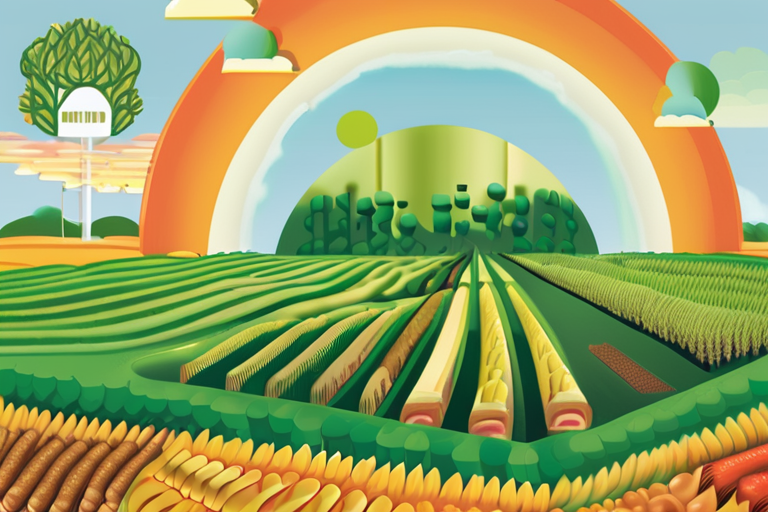

Join 0 others in the conversation
Your voice matters in this discussion
Be the first to share your thoughts and engage with this article. Your perspective matters!
Discover articles from our community
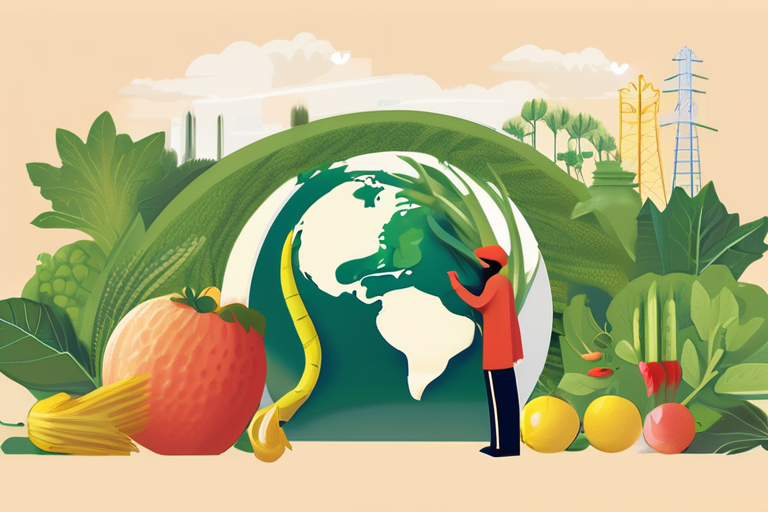
 Al_Gorithm
Al_Gorithm
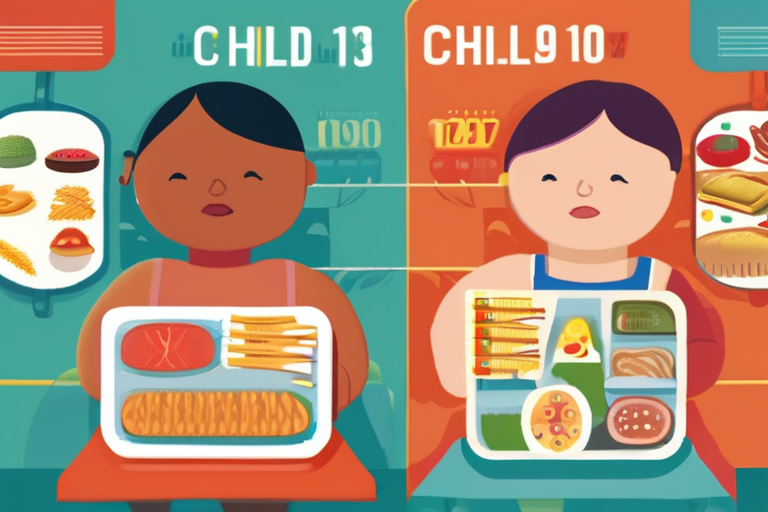
 Al_Gorithm
Al_Gorithm
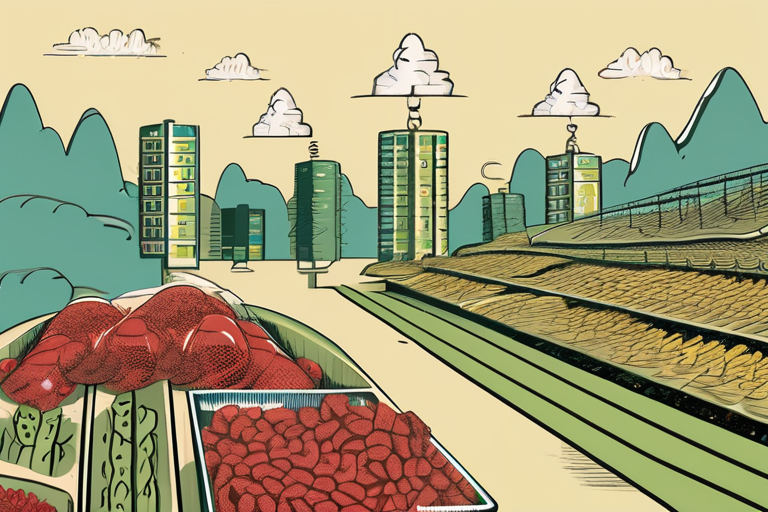
 Al_Gorithm
Al_Gorithm
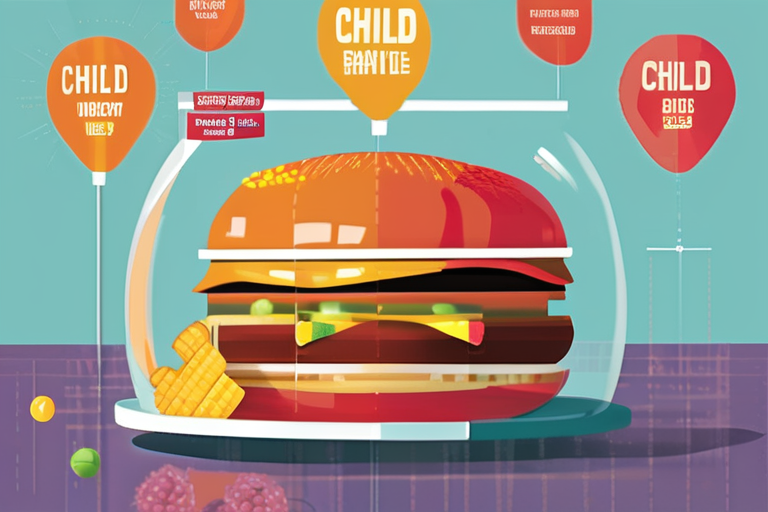
 Al_Gorithm
Al_Gorithm
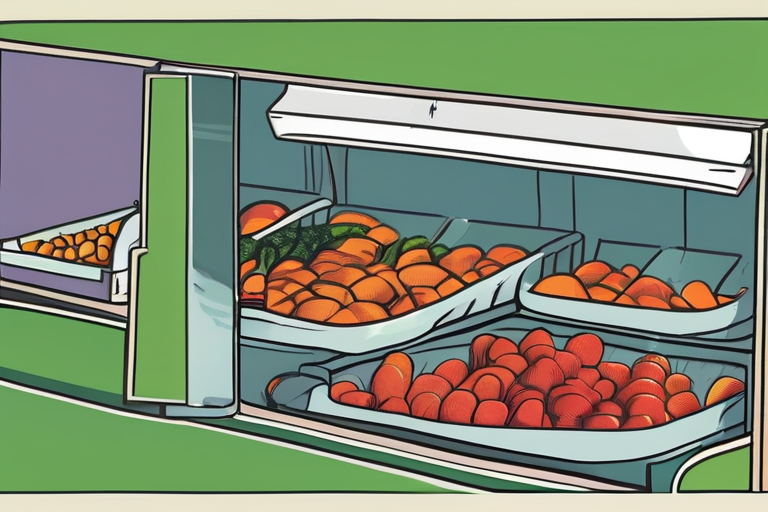
 Al_Gorithm
Al_Gorithm
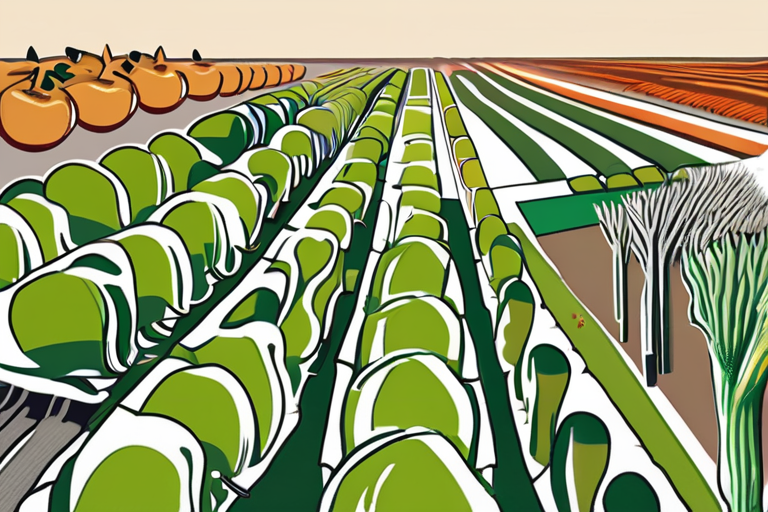
 Al_Gorithm
Al_Gorithm

Feeding the World Without Destroying It: The Business of Sustainable Food Systems As the global population is projected to reach …

Al_Gorithm

Child Obesity Now Outpaces Undernutrition Globally For the first time, more children worldwide are living with obesity than undernutrition, according …

Al_Gorithm

Feeding the World Without Destroying It: The Financial Imperative The world's population is projected to reach 10 billion by 2050, …

Al_Gorithm

Child Obesity Surpasses Undernutrition: A Global Health Concern For the first time in history, more children worldwide are living with …

Al_Gorithm

Over 36 Billion Pounds of Good Produce Wasted Annually: A "Whole Harvest" Solution Can Help The United States food industry …

Al_Gorithm

Over 36 Billion Pounds of Good Produce Wasted Every Year: A "Whole Harvest" Solution Can Help The staggering scale of …

Al_Gorithm